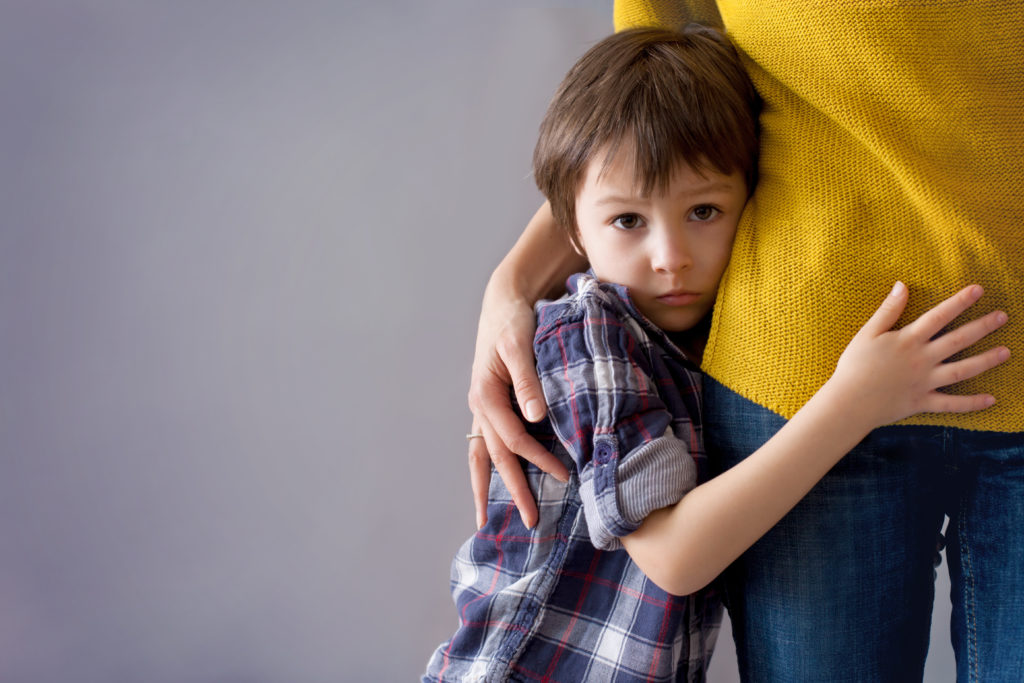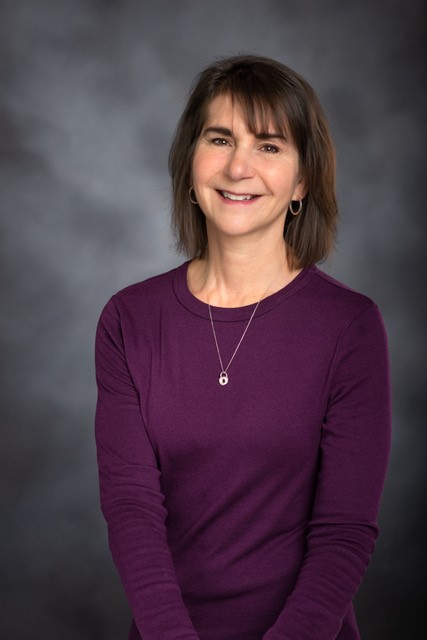Note: This article was first published in 2017 after the Las Vegas mass shooting. Other than updating the location of recent mass shootings, little else was changed. A sad statement that these horrific tragedies continue.
Contributor Dr. Elise Herman
In the wake of the most recent mass shootings in Buffalo, New York and Uvalde, Texas, we all feel sad and stressed. Parents also wonder if they should discuss traumatic events such as this with their children, what they should say and how to best reassure their child. Depending on the age of the child, how to do this will vary.
Under age 2 years, kids do not understand exactly what is happening but often pick up on the emotions of the adults around them, and may cry more often, be fussy and be less social. Preschoolers may have some understanding that something bad happened and will look to their parents for reassurance and a sense of normalcy. Kids in elementary school may develop fears depending on the trauma (especially a school shooting) and not want to go out to school or other activities. Regressive behavior and wanting more help from their parents are normal.
Preteens through teens, often very informed due to their exposure to media, may feel very worried and overwhelmed. They may minimize their feelings, withdraw, or not want to talk about the event. Their stress could come out in being more argumentative or they may have more physical complaints such as headaches.

Parents are crucial in helping their kids through a traumatic event such as a mass shooting. For the child old enough to express themselves who asks about the event, find out what they know or have heard. Keep your discussion age appropriate, and don’t volunteer additional details that may add to your child’s distress. For a preschool child, a simple explanation that a bad person hurt people but can’t hurt anyone anymore is enough. Of course, reassurance that they are safe is vital.
With their access to the news via their phone or computer, older kids may have more specific questions and worries. They may have heard misinformation from their friends and social media. Give them your full attention and listen carefully. Address their concerns and correct misperceptions. Remind them of the plans in place to help prevent these events and plans that go into action if /when such events occur- and that as tragic as a mass shooting is, it is very rare.
Kids of all ages benefit in these situations from parents being very available, whether it is for questions and conversation or just warm hugs and time together (take your lead from your child). Keeping the family routine including school, activities, and family meals is important.
It is healthy to express your emotions and encourage your child to do the same but process your own feelings before addressing the event with your child. Seeking help from a counselor, health care provider, or clergy member is appropriate for anyone feeling distraught and overwhelmed weeks later, or if you are worried about how your child is coping.
We have ‘screens’ everywhere and younger children may think every photo or video is actually another tragedy happening. Children with Internet-connected devices should avoid overexposure to the event- the same goes for parents. Younger kids (some say under age 11) should not watch the news or news videos online at all because the visuals can be too overwhelming.
In the face of such incomprehensible tragedy, we can remember PBS’ Mr. Rogers recalling what his mom told him:
Look for the helpers. You will always find people who are helping.
Good advice for all of us. Highlight the bright spots—the first responders, the heroes, average people doing what they can, be it donating blood or giving money to help. Tweens and teens may want to get involved to help promote social change; the non-profit website DoSomething.org is a fine place to start. There is a lot of the good in the world, and we can be the good and an example to our children. Be extra kind, help your child do something nice for someone else, and make your corner of the world a reassuring place for your child.
Resources:
more about The contributor

Dr. Elise Herman
Dr. Herman is passionate about community health outreach, school programs, and child/family health and wellness. She has more than 31 years of experience as a pediatrician in Ellensburg, Washington, the last 3 with KVH Pediatrics. In 2022 Dr. Herman mostly retired from practice and continues to contribute blog posts and remain a visible advocate for kids in the community.